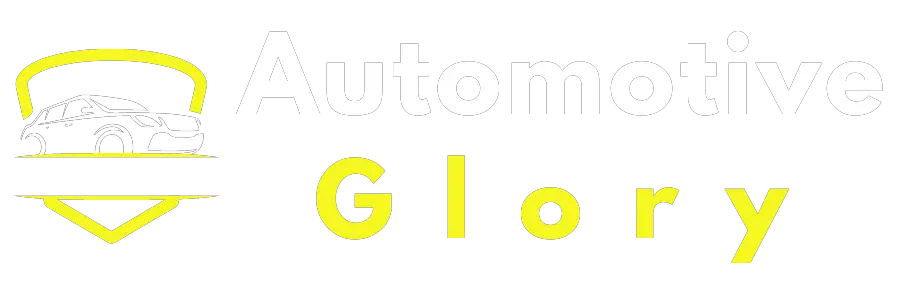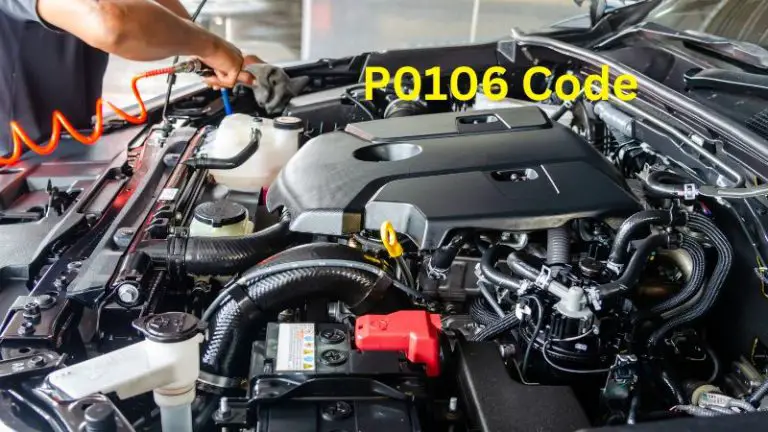How to Decode Engine Trouble: Unveiling the Mystery Behind Engine Codes!
Engine code is a unique alphanumeric identifier assigned to a specific engine. It is used to identify the engine type, size, and performance.
So What Is An Engine Code
Your car’s engine computer uses a series of diagnostic trouble codes DTCs to communicate any issues it’s having. These codes can be decoded using an OBD-II scanner, which you can purchase from most auto parts stores. Once you have the codes, you can look them up online or in your car’s owner’s manual to find out what they mean.
Here are a few common DTCs and what they mean:
P0300:
Random misfire
P0420:
Catalytic converter efficiency below threshold
P0171:
Fuel trim too lean
P0174:
Fuel trim too rich
If you have any of these codes, it’s important to have your car diagnosed and repaired as soon as possible. Ignoring these codes can lead to more serious problems down the road.
Understanding Engine Codes
What Are Engine Codes?
An engine code
also known as a diagnostic trouble code (DTC)
is a unique code generated by a vehicle’s onboard computer system to indicate a specific issue within the vehicle’s components or systems. These codes serve as a valuable tool for technicians and mechanics to identify and diagnose problems effectively.
How Are Engine Codes Generated?
When a vehicle’s onboard computer system detects a problem with a specific component or system
it generates a corresponding engine code. This code is stored in the vehicle’s memory and can be accessed using a diagnostic scan tool. The code provides valuable information about the nature and location of the issue
enabling technicians to pinpoint the problem accurately.
Importance of Engine Codes
Engine codes play a crucial role in the maintenance and repair of vehicles. They provide valuable insights into the health of various vehicle systems
including the engine
transmission
emissions
and more. By interpreting these codes
technicians can efficiently diagnose issues
perform necessary repairs
and ensure the vehicle operates at optimal performance.
Accessing and Interpreting Engine Codes
To access engine codes
technicians use a diagnostic scan tool that connects to the vehicle’s onboard computer system. Once connected
the scan tool retrieves the codes stored in the system
allowing technicians to interpret and understand the specific issues affecting the vehicle. With the help of these codes
technicians can develop a targeted repair plan to address the underlying problems.
Common Types of Engine Codes
Engine codes are categorized into different types
each corresponding to specific vehicle systems and components. Some common types of engine codes include:
- Powertrain Codes (P Codes): These codes relate to issues within the engine
transmission
and emissions systems. - Body Codes (B Codes): B codes are associated with problems in various body control modules
including climate control
lighting
and airbags. - Chassis Codes (C Codes): C codes indicate issues within the vehicle’s chassis
such as the antilock braking system (ABS) and traction control.
Clearing Engine Codes
FAQs about Engine Codes
What is an engine code?
An engine code is a unique identifier assigned to a specific engine. It is typically used to identify the engine’s make, model, and year of manufacture. Engine codes can also be used to identify specific engine features, such as the type of fuel it uses or the number of cylinders it has.
Where can I find my engine code?
Your engine code is typically located on a metal plate or sticker on the engine block. It may also be located on the vehicle’s dashboard or in the owner’s manual.
What do the different letters and numbers in an engine code mean?
The letters and numbers in an engine code typically represent the engine’s make, model, and year of manufacture. They may also include information about the engine’s features, such as the type of fuel it uses or the number of cylinders it has.
What do I need to know about my engine code?
Your engine code is important information that can be used to identify your engine and order replacement parts. It can also be used to determine if your engine is compatible with a specific type of fuel or if it has any specific features.
What happens if I don’t know my engine code?
If you don’t know your engine code, you can usually find it by looking at the vehicle’s dashboard or in the owner’s manual. If you are still unable to find your engine code, you can contact your vehicle’s manufacturer or a qualified mechanic.



![Where Do I Find Engine Code [Clarified]](https://automotiveglory.com/wp-content/uploads/2024/05/where-do-i-find-engine-code-clarified_6128-768x529.jpg)


![How To Check The Code For Check Engine Light [Revealed]](https://automotiveglory.com/wp-content/uploads/2024/05/how-to-check-the-code-for-check-engine-light-revealed_6096-768x529.jpg)